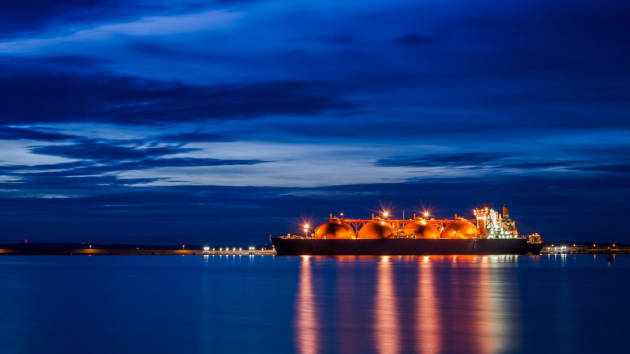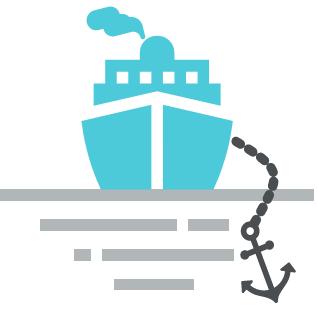Record Surge in Russian LNG Imports to France Amid European Energy Crisis
France’s imports of liquefied natural gas (LNG) from Russia have reached a record high, supported by deliveries from a German state-owned energy company. This year, France has received more LNG from Russia than in any previous full year since imports began in 2018, particularly at the Dunkirk terminal near the Belgian border.
This increase highlights Europe’s ongoing demand for cargoes from Russia’s Yamal LNG plant in the Arctic, driven by long-term contracts with companies like TotalEnergies, Naturgy Energy Group, and Germany’s Securing Energy for Europe GmbH. Despite efforts to reduce reliance on Russian energy, the European Union has heavily relied on LNG to compensate for the loss of pipeline supplies following Russia’s invasion of Ukraine in 2022. Notably, gas has largely been excluded from the EU’s sanctions against Russia.

It remains uncertain how much of the Russian LNG arriving in France is actually consumed there, as once the liquefied gas is regasified, it mixes with other supplies and can flow to different European countries. A spokesperson for the French energy ministry noted that while private companies are importing the fuel, it is not the states or the EU making these decisions. France is among several EU countries advocating for stricter tracking of Russian LNG imports to enhance transparency and reduce dependence on Russian supplies.
Interestingly, the surge in Russian LNG imports occurs alongside a decline in France’s overall LNG imports, reflecting broader trends in Europe due to high procurement costs, increased demand from other regions, and reduced industrial consumption.
The German company SEFE, which was formerly part of Russia’s Gazprom and was nationalized during the energy crisis, is unloading LNG at Dunkirk under a long-term contract inherited from Gazprom. SEFE’s LNG imports are sold into French and Belgian markets, and the company has clarified that it has never delivered Russian LNG to Germany.
SEFE has contracts to purchase Yamal LNG and to supply fuel to Gail India Ltd., optimizing shipping by sending Yamal cargoes to Europe while sourcing other supplies for India. This strategy is particularly relevant given the ongoing conflict in the Middle East, which has affected shipping routes.
If the LNG is not sold, Russia could potentially resell it on the global market, generating additional revenue. The German economy ministry emphasized that fulfilling the contract minimizes advantages for Russia.
Spain and Belgium continue to receive significant LNG flows from Russia, and several Central European countries, including Austria, Slovakia, and the Czech Republic, have also received pipeline supplies, although these transit agreements will expire at the end of the year.
Currently, Gazprom is maintaining normal gas shipments to Europe via Ukraine, despite halting direct deliveries to Austria due to a dispute with OMV AG. In March, the EU plans to implement a ban on the transshipment of Russian LNG cargoes in European ports, which is expected to further limit the flow of Russian LNG into Europe.

